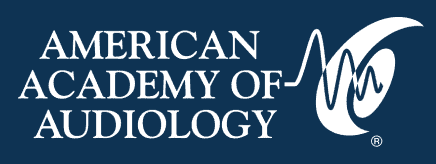The ABA complies with the Americans with Disabilities Act (ADA) and is committed to providing necessary testing accommodations for examinees with documented disabilities, consistent with the requirements of the law.
Accommodations may also be approved for examinees with documented qualifying medical conditions that may be temporary or are not otherwise covered by the ADA, such as pregnancy or a temporary impairment following surgery, including conditions that require the use of medical devices or medication during the examination.
The ABA will also provide testing accommodations for candidates testing in other jurisdictions, to the extent required by applicable laws in those jurisdictions.
An individual is not considered to have a disability requiring accommodation if the limitations arising from the individual’s impairment do not significantly restrict the individual’s major life activities when compared with the abilities of the average person. Non-specific diagnoses such as individual learning styles, learning differences, academic problems, computer phobias, slow reading, English as a second language (ESL), and test difficulty or anxiety in and of themselves do not constitute a disability or impairment.
The decision as to whether a medical condition that is not covered by the ADA is a “qualifying medical condition” for purposes of a PASC exam accommodation is at the sole discretion of the ABA.
Accommodations are provided on an individual basis and depend on the nature of the disability or medical condition and documentation provided. The ABA will make reasonable efforts to provide the requested accommodations to examinees provided the functional impairment has been demonstrated through adequate documentation, and the accommodations do not fundamentally alter the measurement of the skills or knowledge the examination is intended to test, do not jeopardize examination integrity and security, are compatible with the nature and purpose of the examination or assessment program, and do not result in an undue burden to the ABA. Accommodations cannot be made to the actual content of the examination. A range of available accommodations are considered to assist examinees with disabilities or qualifying medical conditions.
